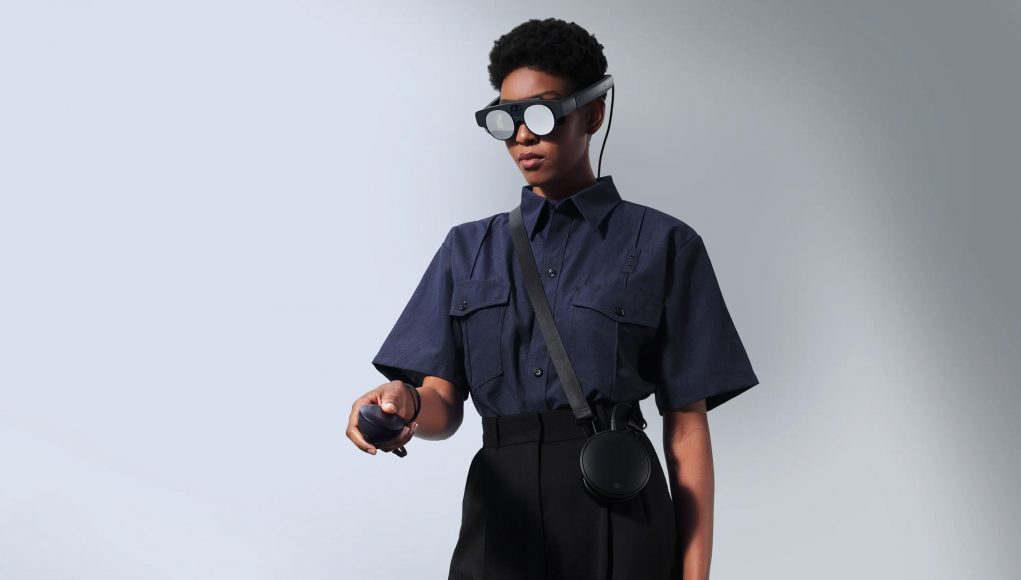Magic Leap, maker of one of the best AR headsets on the market, is making a major change to its leadership with a new CEO that will face the challenge of carving out territory for its transparent AR technology against a growing wave of passthrough AR headsets.
After a meteoric rise and then near catastrophic collapse under its original founder Rony Abovitz, Magic Leap brought on Peggy Johnson to stabilize the company, manage its pivot to enterprise, and launch the Magic Leap 2. Three years later, Johnson is out and a new CEO is taking over.
Magic Leap has announced that Ross Rosenberg will take up the position, an experienced tech executive who has worked in senior roles at a number of large-scale enterprise technology companies.
From the announcement, and its description of Rosenberg’s prior work, it seems clear that Magic Leap is hoping the new CEO will be able to guide it toward increased (or perhaps, initial) profitability.
But Rosenberg’s tenure will inevitably be about more than just streamlining operations and finding the right product-market fit; he’ll also need to both grow and defend the company’s turf as newer headsets focus on passthrough AR capabilities—the likes of Quest 3 and Vision Pro.
While neither headset is directly competing against Magic Leap’s enterprise-focused transparent AR headset, Rosenberg will surely be looking a few years down the road at which point passthrough AR headsets could begin to approach the size and real-life visual quality that is currently Magic Leap’s advantage.
The company hasn’t yet hinted at an upcoming Magic Leap 3 headset, though with the current Magic Leap 2 only being out for a little over a year at this point, that could well still be brewing.
At least from the outside, it looks like the company had an amicable split with the former CEO, Peggy Johnson, though it isn’t clear which side compelled the change.
“Having accomplished so much of what I set out to do at Magic Leap, I felt the time had come to transition leadership to a new CEO who can guide the company through its next period of growth,” Johnson said in the announcement. “I’m incredibly proud of the leadership team we’ve built at Magic Leap and want to sincerely thank all of the employees for their work in helping to successfully reorient the company to the enterprise market.”







